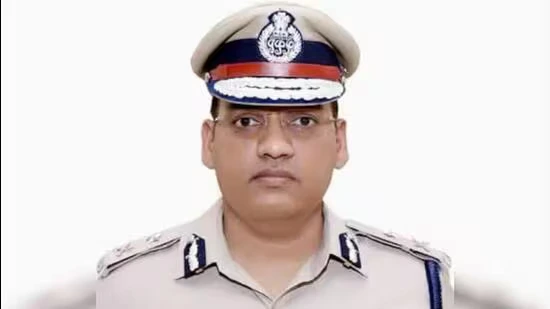Chandigarh, October 17: Barely ten days after senior IPS officer Y. Puran Kumar “allegedly died by suicide”, the Punjab and Haryana High Court on Friday questioned the need for a CBI investigation into the case while hearing a public interest litigation filed by a Ludhiana resident.
The Bench of Chief Justice Sheel Nagu and Justice Sanjiv Berry, while adjourning the hearing, asked the petitioner’s counsel to explain what made the case exceptional enough to warrant transfer to the Central Bureau of Investigation.
“What is so special about this case? When do we hand over investigation to the CBI? Which are those decisions of the Supreme Court? There have to be some extraordinary circumstances,” Chief Justice Nagu asked, referring to the top court’s parameters for such transfers.
Appearing for the petitioner, advocate Navneet Kumar argued that the case had “shaken the conscience of society” as “senior officials are committing suicide and naming more than a dozen senior IPS and IAS officers.” He contended that a central agency could ensure a “fair and impartial” investigation.
Kumar further submitted that one of the officers involved in the ongoing investigation had also died by suicide in Haryana. “The investigation is being conducted in Chandigarh, and many of the accused officers continue to serve in their districts. It raises concerns about whether the state police can conduct a fair probe,” he told the court.
Representing the Chandigarh administration, the counsel informed the Bench that a Special Investigation Team (SIT) had already been constituted to look into the matter. The SIT is headed by an IPS officer of Additional Director General rank and includes three other IPS officers, three deputy superintendents of police, and technical members, totaling about 14 officials. The team, the court was told, is conducting the investigation “on a day-to-day basis.”
The administration’s counsel also pointed out that the FIR was lodged on October 9, and the petition was filed just four days later, on October 13. He questioned the petitioner’s locus standi, noting that he was a Ludhiana resident who claimed to have read about the case in newspapers while visiting Chandigarh.
“He has not demonstrated any evidence of bias, flawed investigation, political interference, or any undue influence from the state—factors that the Supreme Court has laid down as essential for transferring an investigation to an independent agency,” the counsel submitted.
After hearing both sides, the Bench adjourned the matter, observing that it would consider the submissions once the preliminary issues were clarified.

